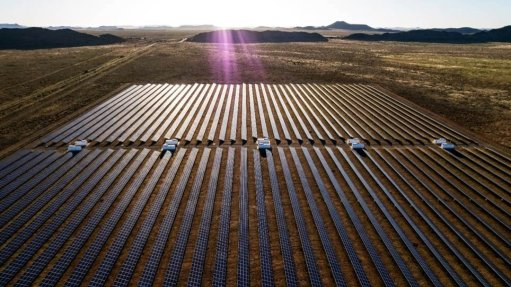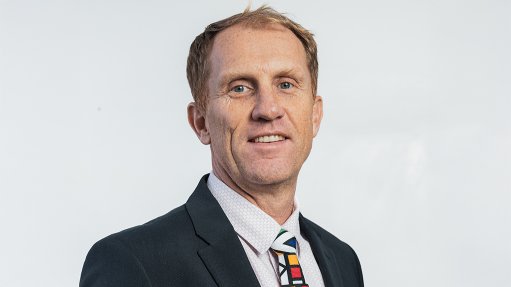Africa’s governments face stark choices as fuel prices scale new highs
African governments face stark choices over fuel prices as sanctions on Russian oil disrupt global markets for energy, according to one of the continent’s key suppliers.
“There is no doubt that this has a disproportionate impact on the economies of Africa,” Fadi Mitri, head of Africa for Puma Energy, the fuel distributing subsidiary of Trafigura Group, said in an interview.
Puma operates retail fuel stations in seventeen countries on the continent and acts as a major distributor. Mitri’s comments are a reminder developing nations face a far bigger challenge meeting rising fuel bills than wealthy countries do.
Oil and fuel prices have soared all over the world since Russia invaded Ukraine, prompting Europe to respond with sanctions against Moscow.
That’s hurting countries who can least afford to pay as supply gets snapped up by richer nations, Mitri said. Though Africa is home to several major producers of crude oil, the continent has limited capacity to turn that into fuel for cars, trucks and planes.
“Indian and Middle Eastern refineries that used to supply Sub-Saharan and eastern Africa are today shifting their flows towards unregulated markets in Europe where they can secure more attractive prices,” Mitri said.
African governments are working out whether to cap domestic fuel prices through regulation -- a move that could risk supply shortages -- or face political consequences of allowing them to shoot higher and reflect the international market, he said, adding that some resource-rich countries are offsetting higher energy bills with gains from mining.
There have been mounting protests against rising fuel and food prices this month.
In Uganda, an opposition leader Kizza Besigye was detained after leading an anti-inflation demonstration in Kampala, while security forces fired on groups complaining of higher fuel in Conakry, Guinea, where there have been acute shortages.
“Do they choose to limit price increases, which will widen fiscal deficits and risk security of supply but limit inflation?,” Mitri said. “Or do they choose rapid price increases which will naturally result in inflation but maintain access to supply on the international market?”
Article Enquiry
Email Article
Save Article
Feedback
To advertise email advertising@creamermedia.co.za or click here
Announcements
What's On
Subscribe to improve your user experience...
Option 1 (equivalent of R125 a month):
Receive a weekly copy of Creamer Media's Engineering News & Mining Weekly magazine
(print copy for those in South Africa and e-magazine for those outside of South Africa)
Receive daily email newsletters
Access to full search results
Access archive of magazine back copies
Access to Projects in Progress
Access to ONE Research Report of your choice in PDF format
Option 2 (equivalent of R375 a month):
All benefits from Option 1
PLUS
Access to Creamer Media's Research Channel Africa for ALL Research Reports, in PDF format, on various industrial and mining sectors
including Electricity; Water; Energy Transition; Hydrogen; Roads, Rail and Ports; Coal; Gold; Platinum; Battery Metals; etc.
Already a subscriber?
Forgotten your password?
Receive weekly copy of Creamer Media's Engineering News & Mining Weekly magazine (print copy for those in South Africa and e-magazine for those outside of South Africa)
➕
Recieve daily email newsletters
➕
Access to full search results
➕
Access archive of magazine back copies
➕
Access to Projects in Progress
➕
Access to ONE Research Report of your choice in PDF format
RESEARCH CHANNEL AFRICA
R4500 (equivalent of R375 a month)
SUBSCRIBEAll benefits from Option 1
➕
Access to Creamer Media's Research Channel Africa for ALL Research Reports on various industrial and mining sectors, in PDF format, including on:
Electricity
➕
Water
➕
Energy Transition
➕
Hydrogen
➕
Roads, Rail and Ports
➕
Coal
➕
Gold
➕
Platinum
➕
Battery Metals
➕
etc.
Receive all benefits from Option 1 or Option 2 delivered to numerous people at your company
➕
Multiple User names and Passwords for simultaneous log-ins
➕
Intranet integration access to all in your organisation


















